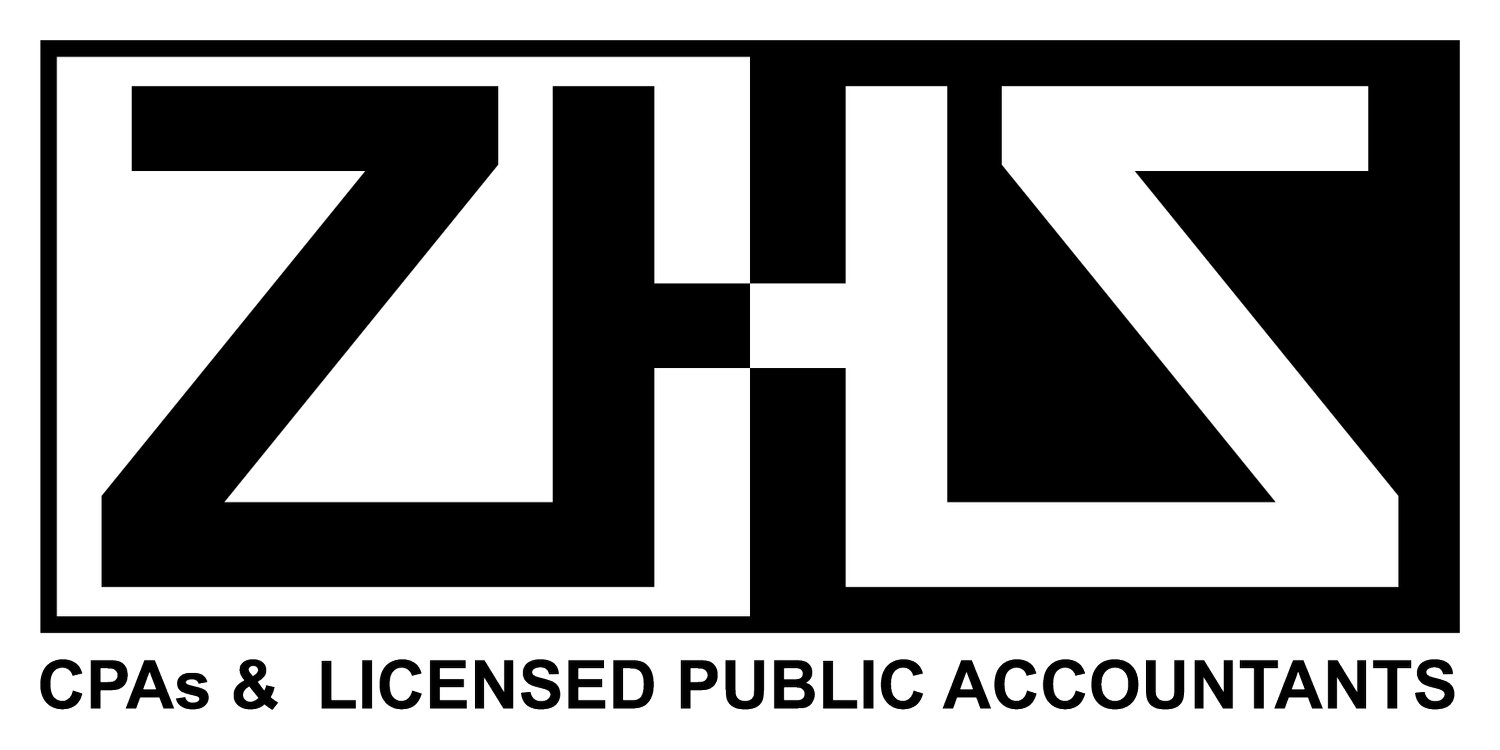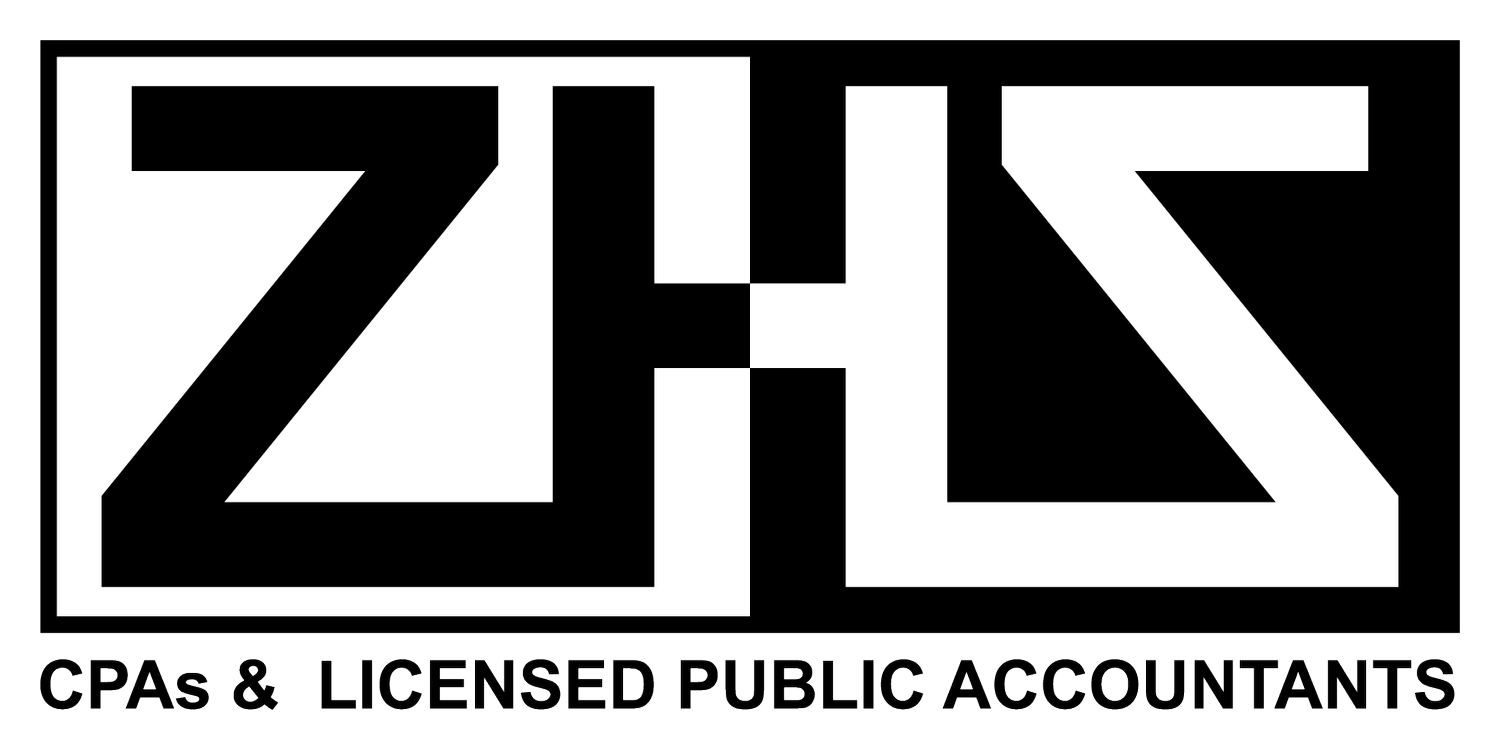TFSAs - How to Maximize Your Investment Returns
The tax-free savings account (TFSA) lets you park your hard-earned money and earn interest tax-free. Any contributions to the account and withdrawals are not subject to taxes, at any time. If you are a Canadian resident of age 18 with a valid social insurance number (SIN), you can open a TFSA with most banks, credit unions, and insurance companies. You can contribute a maximum of $7,000 for the year 2024.
Top 5 Accounting Trends in 2023 and Beyond
Innovative technologies, developing economic models, newer business opportunities, and a rapidly changing regulatory environment mean the accounting industry is witnessing several established trends right now. Here are the top 5 accounting trends that have all become certainties and will continue to dominate the accounting industry in the coming years.
What is a Shareholder Loan and What are Its Tax Consequences?
Shareholder loans are a useful method of funding a business when debt financing isn’t available. It particularly happens for businesses in the early stages. A shareholder loan comes with tax implications for the lender and the borrower. Therefore, you must understand the compliance requirements for these loans.
The Challenging Scenario of Mutual Funds Distributions and Taxes
You may get a harsh surprise when you get a tax bill from a mutual fund that lost money. It’s perfectly legal and has happened in the past too. When and where you hold investments matters a lot when it comes to managing taxes. Let’s dive in to understand how mutual fund distributions create tax liabilities for you even when you lose money.
Tips for making the most of your CPA job and increasing your productivity.
Choose a speciality you like: Taxation, auditing, financial accounting, and management accounting are only a few of the many areas of accounting. Your employment may be more fun if you can find a specialization about which you are enthusiastic.
Why should you read The Z-Book?
This book is designed to give an overview of the SR&ED Program of the Canadian Tax Credits & Refunds System to the busy executive and the business owner/manager. In order to keep the Canadian businesses competitive in the present global market, the Canadian government offers one of the most generous incentives to Canadian businesses to encourage them to engage in scientific research and experimental development (SR&ED). It is also available to foreign corporations conducting SR&ED in Canada. It is estimated that only a very small fraction of those eligible actually apply for this credit. It is also estimated that in the last fiscal year tax credits running into billions of dollars were approved, including refunds to eligible businesses. There is no upper limit set by the Government as to the amount of tax credits it is willing to give to eligible businesses with regard to SR&ED.
*Note: This book was released in 2011 and laws change over time. Seek professional advice.









